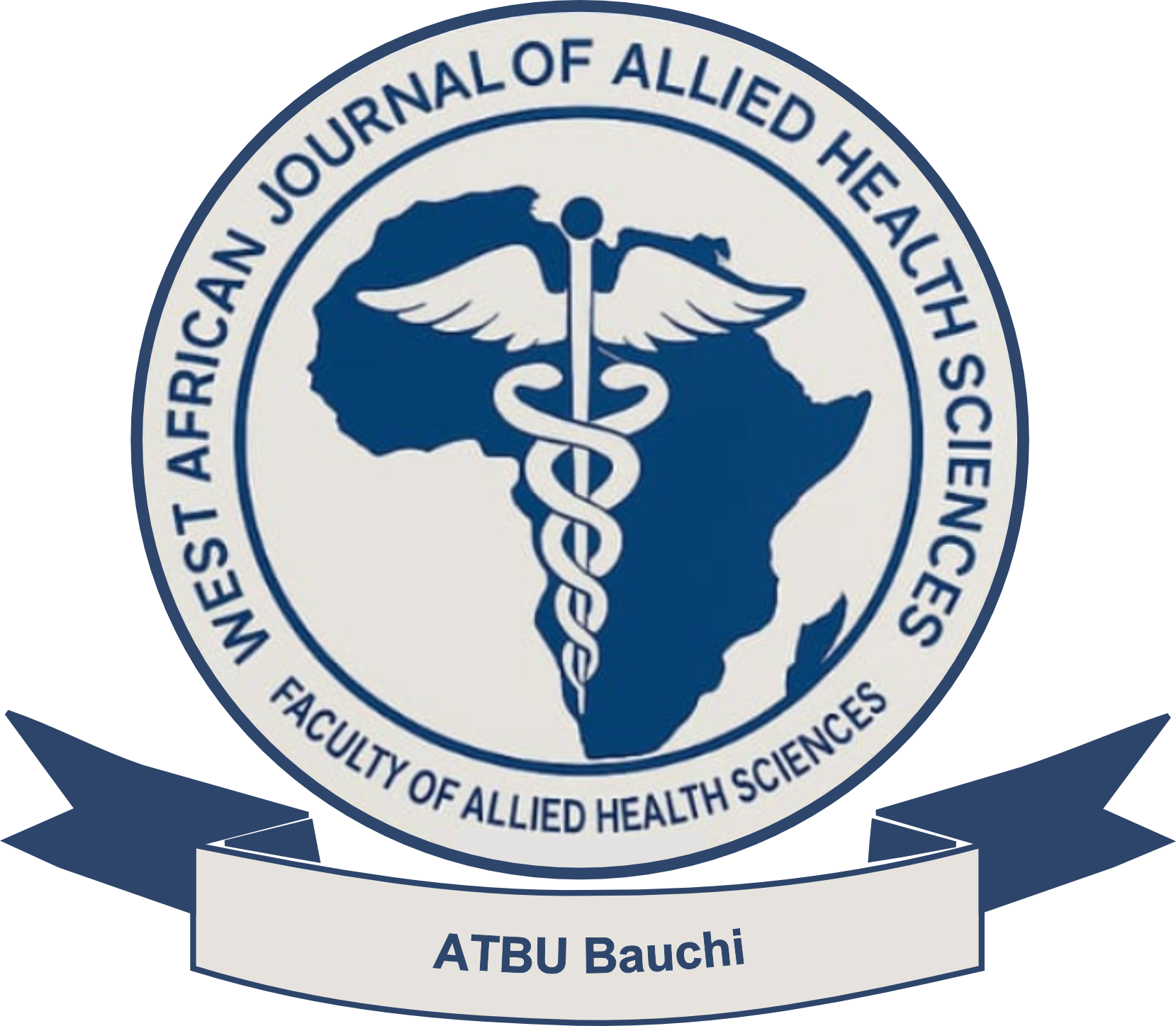Prevalence of Postpartum Depression and Breastfeeding practices in Southwestern Nigeria
Keywords:
Postpartum Depression, Breastfeeding, Family SupportAbstract
Background
Postpartum depression (PPD) is a pervasive psychological issue that can disrupt the breastfeeding journey. This study assessed the prevalence of postpartum depression (PPD) among breastfeeding mothers in Southwest, Nigeria.
Methods
Three hundred and sixty mothers with infants aged 0-12 weeks were chosen using a multistage sampling technique. Data collection was carried out using structured questionnaires and the Edinburgh Postnatal Depression Scale (EPDS). A score above 13 on the 30-point Edinburgh Postnatal Depression Scale indicated PPD. IBM SPSS version 26.0 was used for analysis.
Results
The mean age of mothers was 28.9 ± 5.5. Most (90.3%) were married, and 56.9% had infants younger than six weeks. The majority (99.4%) were still breastfeeding, with 45.8% intending to stop between 13 to 18 months. A majority (72.5%) earned less than ₦40,000 monthly, 34.7% reported challenges in caring for their child, and 83.3% received support. Only 18.6% were classified as having PPD. Chi-square analysis showed significant associations between PPD and maternal age, marital status, income, caregiving challenges, and support (p value < 0.05). Logistic regression analysis revealed that mothers aged ≤ 20 years were more likely to experience PPD than older mothers (AOR = 3.9, 95% CI: 1.171 – 13.401, p = 0.027), while supported mother were less likely to experience PPD than unsupported mothers (AOR = 0.39, 95% CI: 0.170 – 0.888, p = 0.025).
Conclusion
Nearly one in five mothers experienced postpartum depression. Strengthening psychosocial and family support systems for postpartum mothers (especially younger, unmarried, or of low income) is recommended.





